Prior to the Napoleonic Wars the Holy Roman Empire consisted of hundreds of independent states with the ruling Electors, Dukes, Landgraves, Palatines, Princes, Counts etc holding allegiance directly to the Emperor. With the Confederation of the Rhine (1806) and Congress of Vienna (1815) the number of sovereign states and sovereign rulers was vastly reduced. What we know as Germany ended up with less than 30 ruling Houses. The "losers" were subsumed into larger states (eg the formerly sovereign Principality of Fürstenberg was incorporated into the Kingdom of Württemberg). To compensate for the loss of sovereignity the Princely House of Fürstenberg (to use one example) was made 'equal' to the remaining ruling families in regard to certain privileges including marriage, with the Prince owing allegiance to the Emperor through the King of Württemberg. Thus the term 'mediatised' from media or middle.
Not all families thus mediatised had territores they formerly ruled. The mediatised Thurn und Taxis, for example, were never a Ruling Family, but nonetheless were rich, powerful and influential enough to ensure they weren't left out.
None of the Houses I mentioned in my post were Mediatised. The Battenbergs were a morganatic branch of the Grand Ducal Hesse-Darmstadts; Queen Mary's family, the Tecks, were a morganatic branch of the Royal House of Württemberg and Albrecht Duke of Bavaria married non-mediatised countesses. The rest were reigning up until at least 1918 except for Hesse-Cassel which was annexed by Prussia in 1866 and S-H-S-A which was never reigning as such.
The Lippe-Biesterfeld family achieved sovereign status on the extinction of the Lippe-Detmold line in 1905. Members of the family, formerly a cadet branch as Counts and Countesses of Lippe-Biesterfeld, then assumed the title of Princes of Lippe with the qualification of Serene Highness. An uncle of Prince Bernhard [of the Netherlands] became the last sovereign Prince of Lippe as Leopold IV and reigned from 1905 to 12 November 1918.
Prince Bernhard's father had married a Baron's daughter in 1909 when she was created a Countess. In 1916 Bernhard and his brother, up until then considered somewhat 'lesser' due to their mother, were made Princes of Lippe-Biesterfeld with the qualification of Serene Highness.
Here's a
Map of the Holy Roman Empire in 1789. Click on the map to show the number of small and patchwork states (some tiny territories haven't been included).
The
map below is a cropped part of a much larger image showing some of the states and micro-states which made up the HRE following the Treaty of Westphalia in
1648.

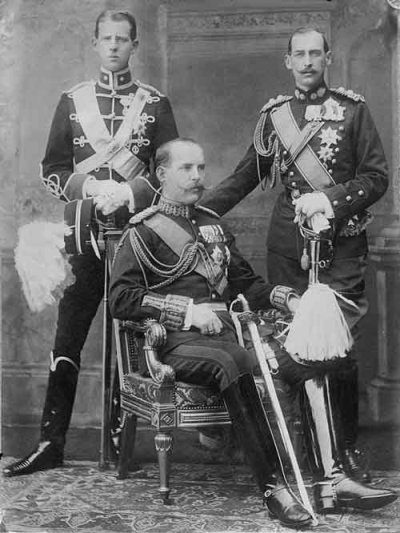
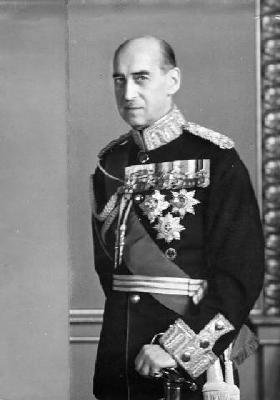
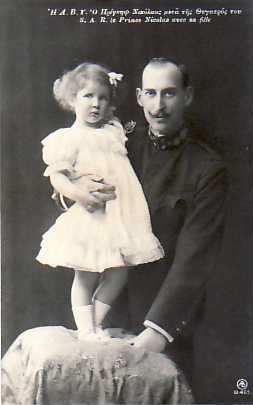
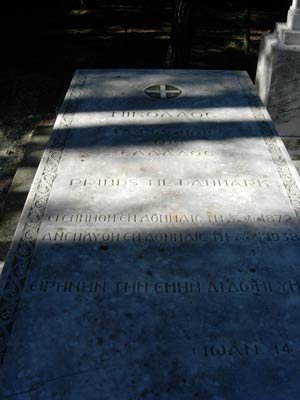
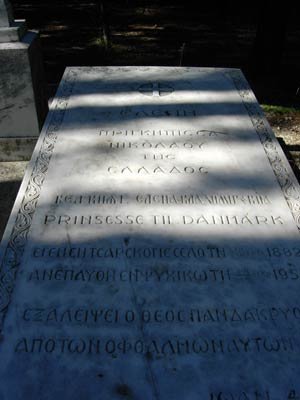
 I really enjoy them and I believe, Marina resembled her father the most.
I really enjoy them and I believe, Marina resembled her father the most.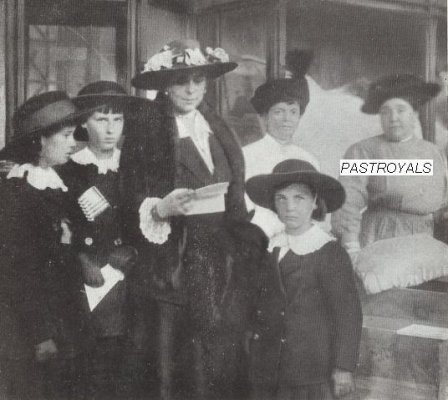
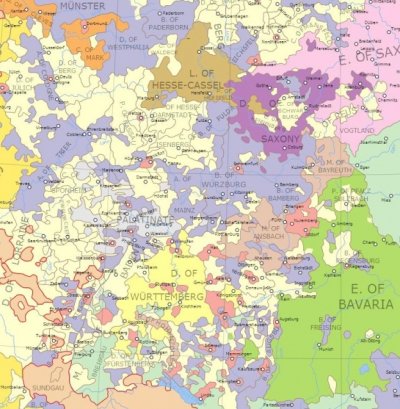
 Magnificent account! Thank you
Magnificent account! Thank you
